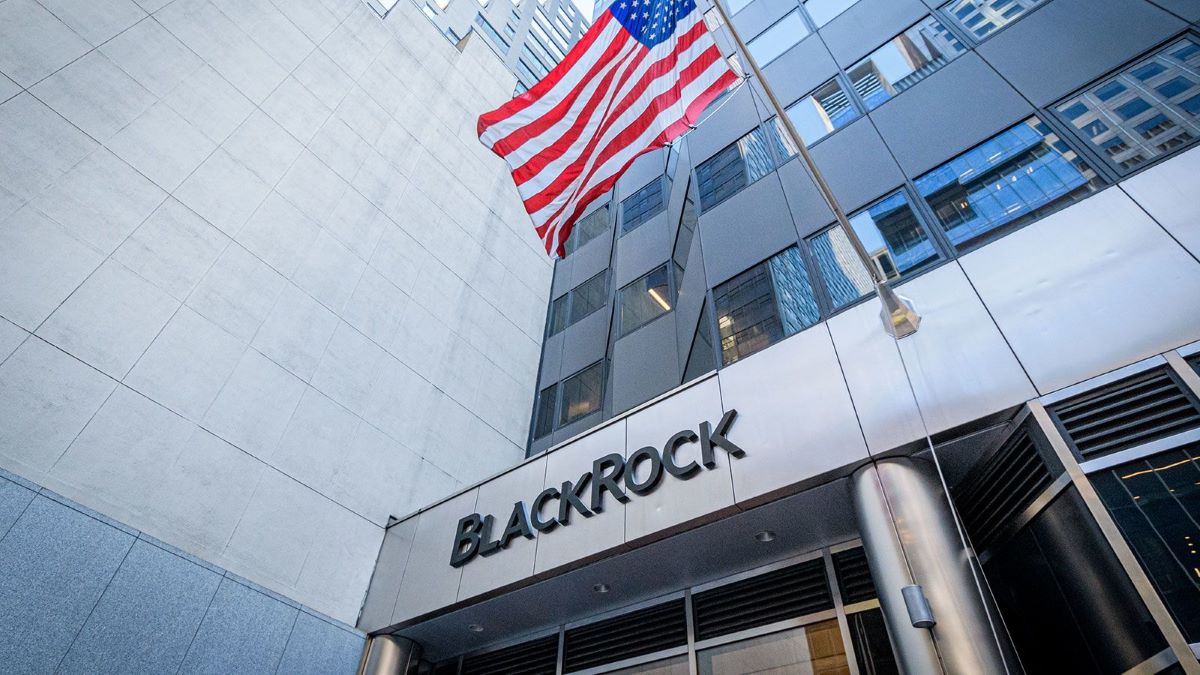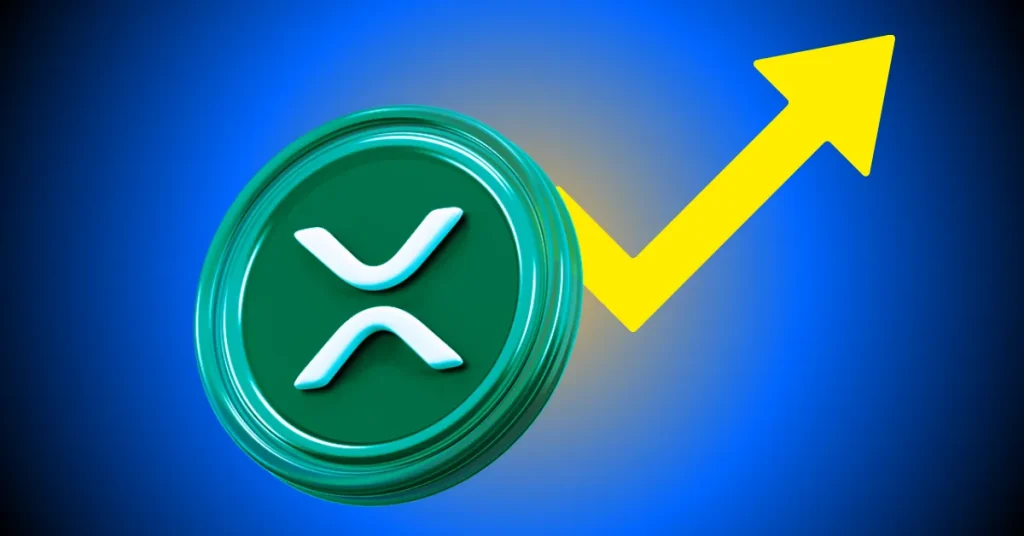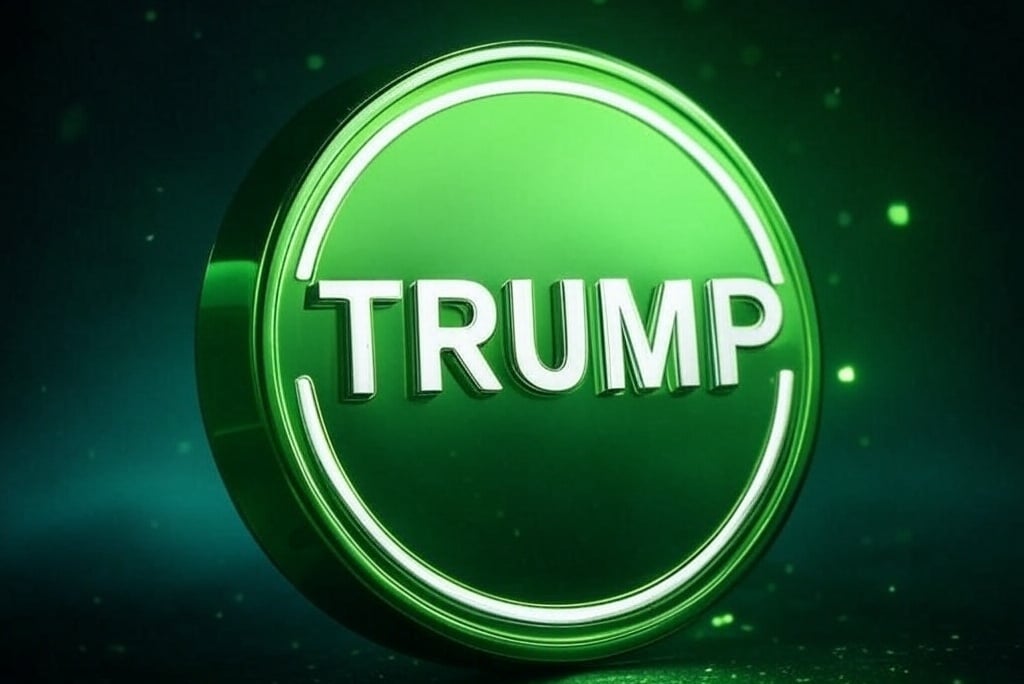ARTICLE AD BOX

- Asset managers like BlackRock are pushing for more clarity on Cardano and PoS protocols.
- With the demand for staking on its Ethereum ETF product, Cardano may benefit if the SEC approves.
Recent tensions between American investment giant BlackRock, the US Securities and Exchange Commission (SEC), and Cardano have escalated. This ongoing conflict shapes institutional crypto strategy as regulators and financial giants compete for control in the digital asset space.
BlackRock Request Meeting with the SEC
BlackRock, the biggest asset manager in the US, has formally met with the SEC to discuss crypto Exchange-Traded Products (ETPs) with SEC officials. The proposal reveals the firm’s strategic interest in Cardano’s technology alongside Bitcoin and Ethereum products.
However, BlackRock’s institutional crypto strategy faces hurdles as SEC scrutiny increases around Cardano’s technical innovations. Recent security implications have attracted the SEC’s attention to the Cardano blockchain update features. The improvements, aimed at improving smart contract functionalities, are now reshaping how regulators see the network against the backdrop of wider crypto regulatory pressure.
The resolution of this BlackRock SEC Cardano standoff will shape future institutional crypto strategy decisions. The increasing crypto regulatory pressure affects how blockchain projects develop their technology while trying to maintain compliance with standards and guidelines.
In its letter to the SEC, BlackRock representatives revealed plans to incorporate staking in crypto ETPs and tokenize traditional securities. The firm said its current Ethereum ETF filings miss out on the full value without staking. Thus, the asset manager wants to offer Ethereum ETFs that can engage in staking so investors can earn additional yield.
The SEC’s approval of staking in Ethereum ETFs could pave the way for similar ETFs based on other cryptocurrencies like Solana and Cardano. These ongoing discussions hint at growing interest from big finance in crypto-linked products. Although the SEC remains cautious, the meeting suggests that it is receptive to hearing from the public.
Still, the SEC has yet to decide whether to allow staking. However, with increasing calls coming from the likes of BlackRock, a decision may not be far off.
How Soon Can the SEC Approve an ADA ETF?
Meanwhile, the Cardano blockchain continues to advance despite these challenges, sort of positioning itself for institutional adoption if regulatory clarity emerges soon. As summarized in our earlier news story, Grayscale has filed for a Cardano Exchange-Traded Fund (ETF).
This proposed Grayscale Cardano Trust would directly hold ADA and track its market price, with shares representing proportional interests in its ADA holdings.
The trust’s structure mirrors Grayscale’s established Bitcoin ETF, lending credence to the notion that it could gain regulatory approval shortly. The US SEC officially acknowledged Grayscale Investments’ filing for a spot Cardano ETF. If approved, this would become the first-ever spot ADA ETF in the United States.
In our last update, we examined recent developments that suggest the US SEC is increasingly likely to approve a spot Cardano ETF by 2025.
.png)
 2 hours ago
1
2 hours ago
1








 English (US)
English (US)